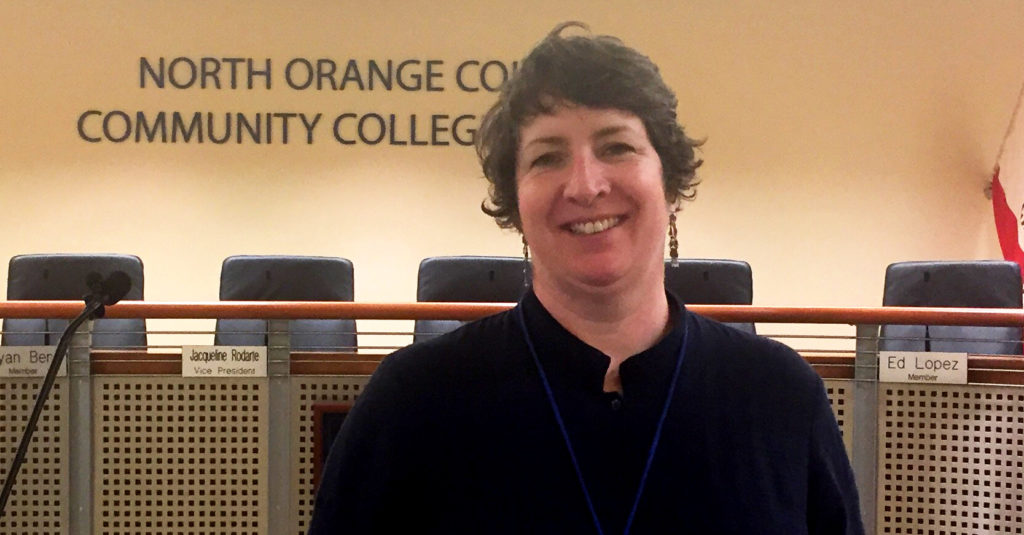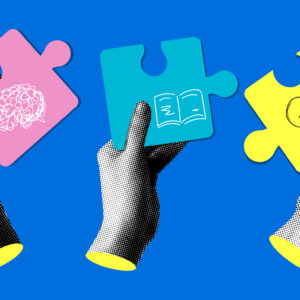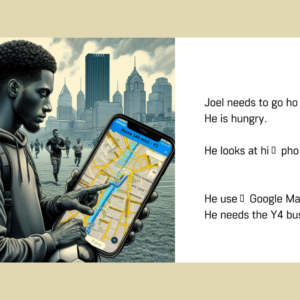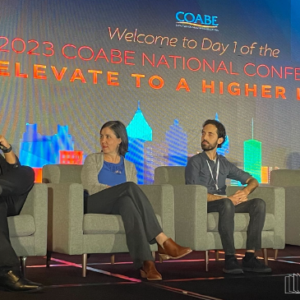EdTech Partner Nell Eckersley gave adult educators a compelling “Call to Action” to go beyond consuming technology and become ambassadors for curating and creating information online. Read on for a synopsis of her keynote speech given at OTAN’s annual Technology & Distance Learning Symposium Conference held this Spring in Anaheim, CA.
In this time of challenges for adult education programs, one positive thing is that WIOA actually includes a useful definition for Digital Literacy: “The skills associated with using technology to enable users to find, evaluate, organize, create, and communicate information” (Museum and Library Services Act of 2010). I would contend that in adult literacy programs we have always been working to help our students to develop skills to find, evaluate, organize, create, and communicate information. Now we are must think about how technology can be used to support these skills.
When we talk about technology and digital literacy today we are talking about information and communication technology. And while for many of us the struggle at first is access to hardware and internet, and figuring out how to get our devices to do our bidding, once those hurdles are taken care of the real work is in how we deal with all the information coming through our devices. When I ask how many people have ever watched a YouTube video or read a Wikipedia entry, usually everyone raises their hand. But when I ask how many people have ever created their own video and posted it on YouTube or edited or created a Wikipedia entry, the numbers go down dramatically. And then if I ask how many people have created a playlist in YouTube or developed a system for saving bookmarks on their computers, the numbers are low again. We are generally pretty strong in our consuming of information via technology, but for many creating and curating are not skills that are practiced.
If teachers are creating with technology, they often think that they have to be the creators and the students are the consumers. But one of the most powerful aspects of the technology today is that students can be creators too. They can make the YouTube video, the Google quiz, the blog post. For students to create using technology is not only powerful as a way for them to demonstrate learning but also for them to gain skills that they will need in their careers and post-secondary education.
My call to action is for adult education teachers to deepen and broaden their own skills around consuming, creating and curating information online, to be ambassadors for their colleagues to help them also find what is useful and exciting about using technology in instruction, and for teachers to support student digital literacy skill development and practice.
Watch the full speech:




